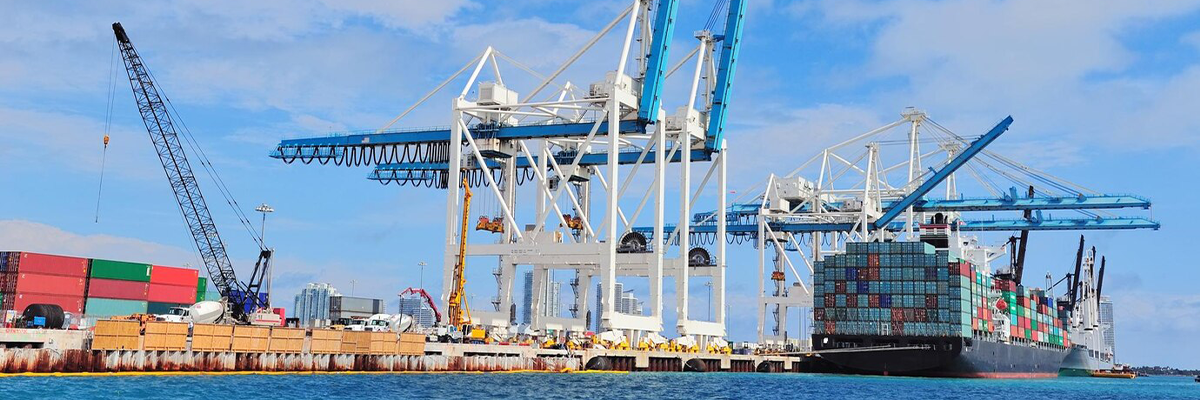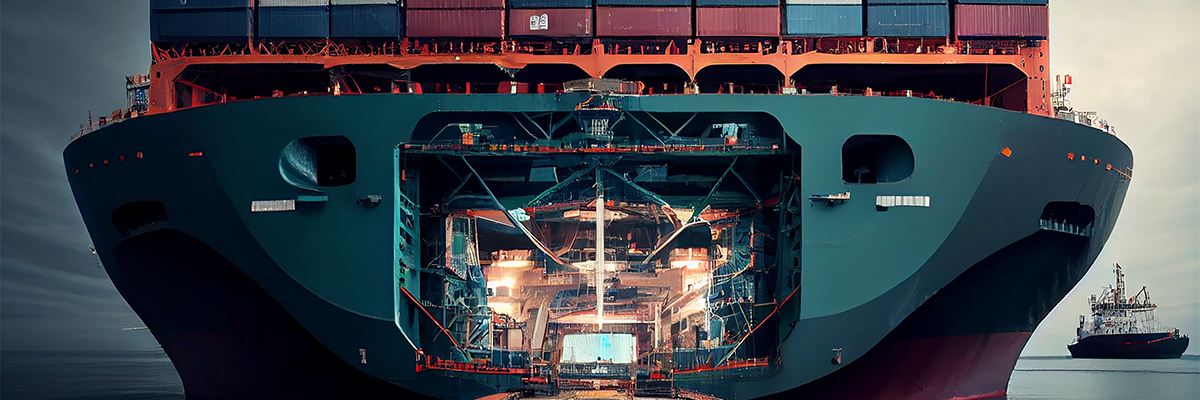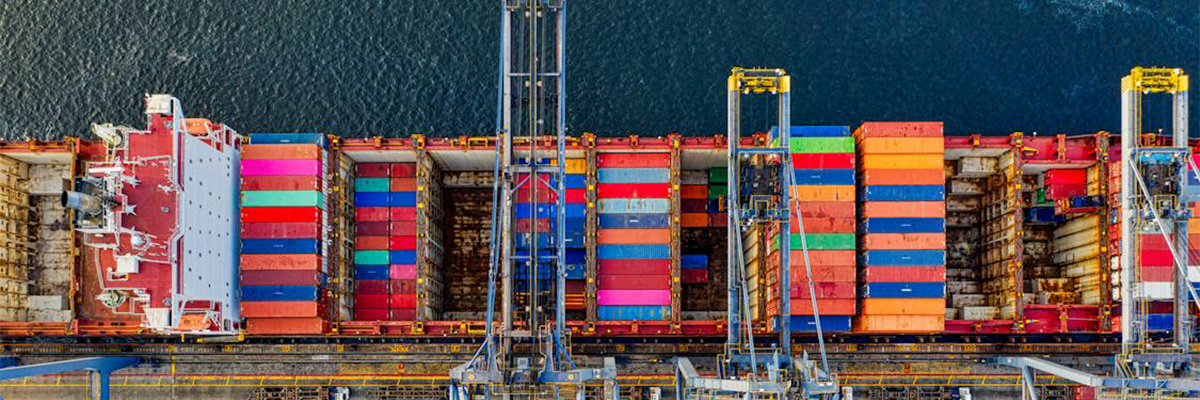
Logistics is the process of managing the movement of your products or services within the supply chain. It encompasses factors such as storage, transportation, customs procedures, and inventory management when your business transports products from the production location to target markets.
The Relationship Between Logistics and Export
Storage and Inventory Management: When engaging in exports, the storage and inventory management of your products are of critical importance. Logistics ensures that your products reach customers at the right time and in the correct manner.
Transportation and Shipment: Evaluating transportation and shipment options during the export process is vital. Choosing the right transportation mode, whether it's air cargo, sea transportation, or road transportation, can reduce costs and improve delivery times.
Customs Procedures: Export procedures often involve complex customs processes. Logistics helps manage customs procedures smoothly, preventing delays and expediting the export process.
Distribution Network: Logistics aids in establishing an effective distribution network in target markets. Planning how and where your products will be distributed enhances customer satisfaction.
Challenges of Export and Logistic Solutions
Country and Regional Differences: Logistics should offer solutions tailored to the varying requirements of different countries and regions.
Customs and Permits: Logistics expertise is crucial in dealing with customs procedures and obtaining necessary permits.
Transportation Costs: Logistics can help reduce transportation costs by choosing the right mode of transportation and planning efficient routes.
Logistics is Fundamental to Export
Logistics plays a crucial role in the success of the export process. Understanding the complexity of transporting your products to global markets and optimizing your logistics strategies can contribute to your business's success on the international stage.















